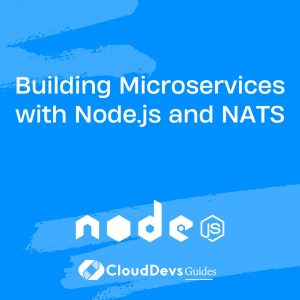Node.js Q & A
What are some common use cases for Node.js?
Node.js is versatile and finds application in various domains due to its non-blocking, event-driven architecture. Some common use cases include:
- Web Application Development: Node.js is widely used for building server-side logic in web applications. Its lightweight and efficient handling of I/O operations make it suitable for handling concurrent requests, resulting in high-performance web servers.
- API Development: Node.js is ideal for creating RESTful APIs due to its asynchronous nature and support for JSON. It allows developers to build scalable and lightweight APIs that can handle a large number of concurrent requests.
- Real-time Applications: Node.js excels in building real-time applications such as chat applications, online gaming platforms, and collaborative tools. Its event-driven architecture enables seamless handling of multiple connections and real-time data exchange.
- Microservices: Node.js is well-suited for developing microservices architectures due to its modular approach and support for lightweight communication protocols like HTTP and WebSocket. It allows organizations to build scalable and distributed systems composed of loosely coupled services.
- Streaming Applications: Node.js is commonly used for developing streaming applications such as video/audio streaming services, real-time analytics, and data processing pipelines. Its support for streams enables efficient handling of large volumes of data.
- Command-Line Tools: Node.js is often used for building command-line tools and utilities due to its ease of use and availability of third-party packages. Developers can leverage Node.js to automate tasks, perform file system operations, and interact with external APIs from the command line.
- Internet of Things (IoT): Node.js is increasingly used in IoT applications for its lightweight footprint and ability to run on resource-constrained devices. It enables developers to build IoT gateways, sensor data processing modules, and remote monitoring solutions.
- Development Tools: Node.js powers a variety of development tools and utilities, including build tools, task runners, and testing frameworks. Its ecosystem of packages and libraries provides developers with the flexibility to customize their development workflows according to their requirements.
Node.js is widely adopted across industries for its versatility, scalability, and performance, making it suitable for a diverse range of use cases spanning web development, real-time applications, microservices, streaming, IoT, and development tools.

Previously at

Experienced Principal Engineer and Fullstack Developer with a strong focus on Node.js. Over 5 years of Node.js development experience.






